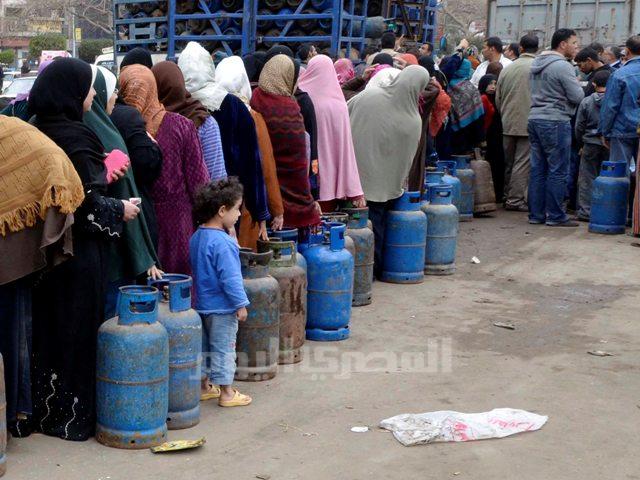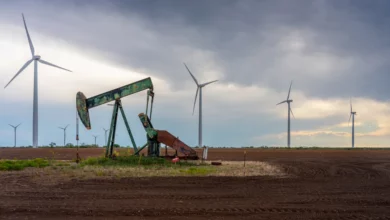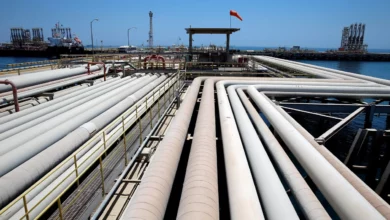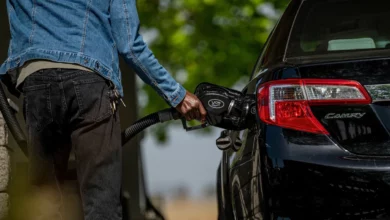
A lawsuit filed against Egypt’s president and prime minister for raising the price of butane gas cylinders last week, claims that the gas subsidy bill in the state budget is marred with miscalculations.
The Citizens Against Price Rise Association (CAPRA) filed a lawsuit at the Administrative Court of the State Council to halt the implementation of Prime Minister Hesham Qandil’s decision No. 1356/2013 to raise the price of butane gas cylinders. The lawsuit, also filed against President Mohamed Morsy, claims that the stated sum of subsidies declared by the government is incorrect.
In a frenzied scramble to cut a hefty subsidy bill, Egypt unceremoniously raised the price of cooking gas last week, for the first time in two decades. The price of cooking gas cylinders sold for domestic use was raised by 60 percent to LE8, and doubled to LE16 for commercial use from the current price of LE8.
The lawsuit claims that the Finance Ministry documents reveal flaws in the way subsidies of butane gas cylinders are calculated, as well as grave errors in adding up the sum allocated for energy subsidies in general.
Documents received by Egypt Independent from CAPRA show that in the state budget, the annual gas cylinder consumption totals 360 million, which the government says comes at a cost of LE16.863 billion. Sales revenues, as stated in the budget, amount to a mere LE102 million, which would mean that the each cylinder is sold at a little more than 28 piasters, as opposed to the LE5 it is actually priced at. The government claims to subsidize this sizeable difference in the price.
Another flaw in the stated budget, according to the association, is the total energy subsidy bill, which the Finance Ministry says adds up to LE99.35 billion while the Petroleum Ministry publishes on its official website that energy subsidies equal LE114 billion — a difference of LE15 billion.
“It puts [the state] at a loss, but which data should we believe, the Ministry of Finance or the Ministry of Petroleum?” asks Reda Issa, independent economist and member of CAPRA, adding that this raises suspicion of corruption in the current government.
The cash-starved government is struggling to pay for essential food and fuel imports with foreign reserves at an alarmingly low level, but this recent move may well backfire and spur social unrest. The poorer segments of the population that can barely keep up with already rising prices will be the hardest hit with the higher cost of gas that is used daily for cooking and heating water.
Many tied the timing of the decision with the visit of the International Monetary Fund delegation to Cairo, also last week, to continue negotiations on a US$4.8 billion loan, and possibly raise the size of the loan due to Egypt’s swelling financing needs.
While the loan conditions do not directly call for this specific action, the IMF’s technical assistance to Egypt has repeatedly advised the government to trim energy subsidies and implement broader tax reforms.
In 2011, a supply shortage prompted black market sales of gas cylinders, pushing the price to as high as LE50, but that has since fallen to under LE15, according to media reports.
The lawsuit berates Egypt’s highest officials for not taking into account the swiftly deteriorating economic conditions which hit the poorest the hardest, much like the rise in butane gas cylinder prices.
The government, according to the lawsuit, has directed several blows to deprived citizens in the form of increasing prices of utilities and services provided by the state, such as electricity, water, gas and transportation, further compounding by soaring inflation and the accompanying spike in food prices. Added to this flammable mix is an increase in tariffs on a number of goods and services, as well as more frequently recurring shortages of diesel and bread.
“The government has clearly overlooked its social role in taking care of underprivileged classes. The state budget depends mainly on tax revenues, 70 percent of which is mostly paid by poorer citizens. It is as if the state, instead of aiming to ease their suffering, has declared war against them,” says Issa of CAPRA.
The poor rely on butane gas cylinders while wealthier neighborhoods are connected to the natural gas pipelines.
The Qandil government has been discussing ways to distribute subsidized gas cylinders to the poor via a ration card system. But before implementing this plan, which has been in the pipeline for a few years, the government went ahead with the price increases, a move seen as mainly serving the benefit of the black market.
Along with the new prices, the government has set the commission that owners of depots can make on each cylinder at 75 piasters for the 12.5kg canister and LE1.5 for the 25kg cylinder used commercially.
The petroleum products division at the Egyptian Federation of Chambers of Commerce said that a reasonable commission for the depot owners should be at an average of LE4 for both sizes.
And in the end, Issa says, this will translate into meager returns for the government.
“Raising the price of a gas cylinder … is unlikely to result in any substantial savings for the government. This new pricing policy will be fundamentally unsuccessful since it does not come as part of a broad reform plan.
“Decisions,” he says, “are random and arbitrary.”




